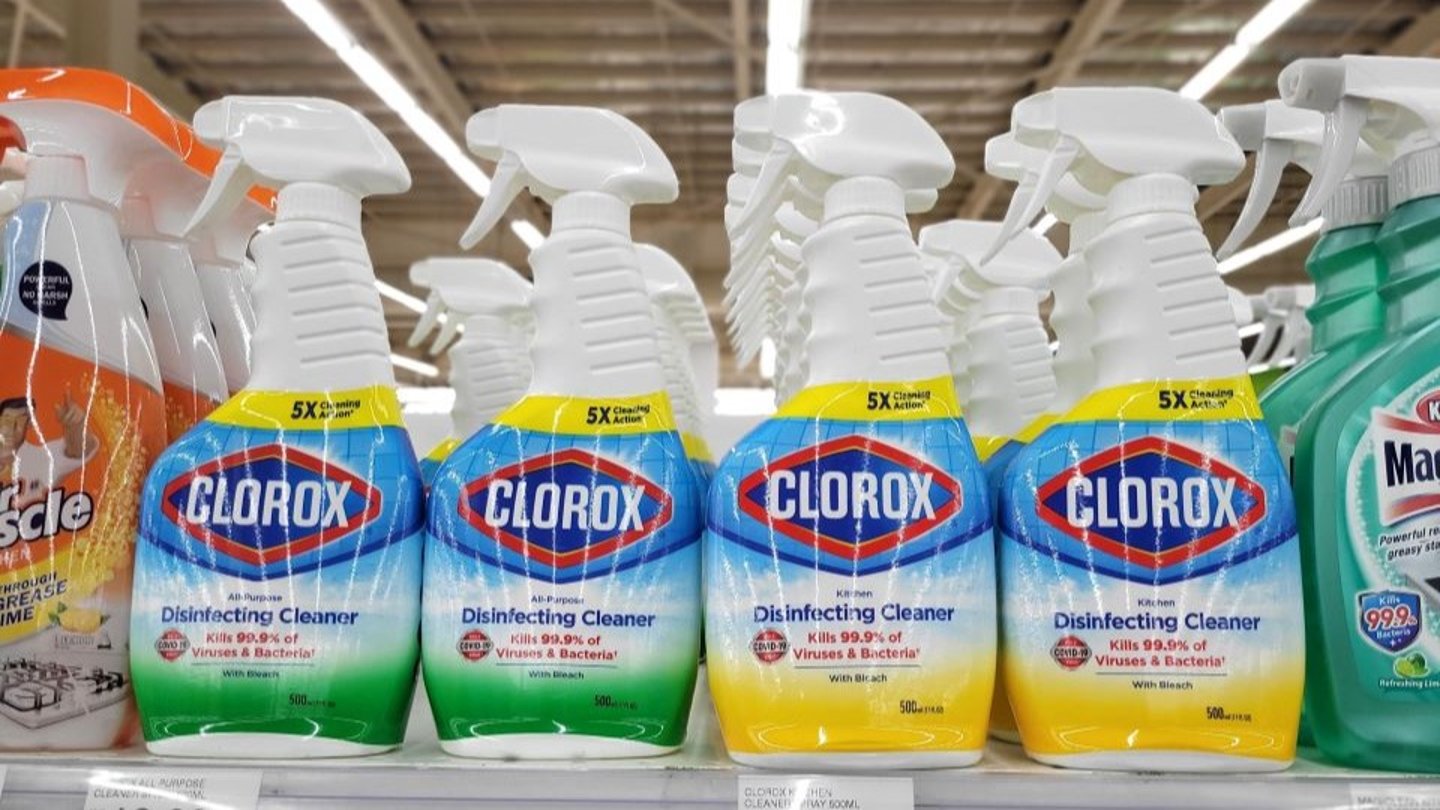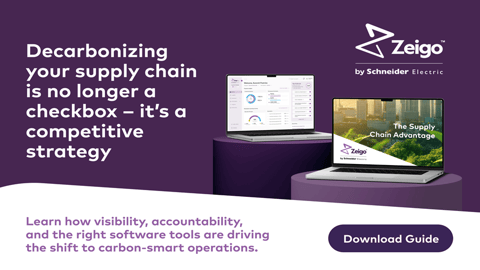Clorox Partnership Supports Suppliers With Sustainability Tracking
The Clorox Company is advancing on its sustainability goals, elevating data visibility through a new partnership that allows supplier partners to record their efforts.
The company is working with Manufacture 2030, or M2030, to consolidate supplier sustainability data within a single platform, allowing supplier partners to share their progress. Through this, Clorox can access relevant data and export it for submissions to the Carbon Disclosure Project, a global disclosure system for managing environmental data.
Clorox suppliers across raw materials and packaging will be able to measure, manage, and reduce carbon emissions, using the platform as a tool to meet carbon reduction targets and help Clorox reach net-zero emissions by 2050.
Niki King, chief sustainability officer at Clorox, said the initiative is part of the company’s responsibility to ensure that suppliers are equipped with the necessary tools for forging their own sustainability journeys.
"Climate action is a complex endeavor that requires companies to engage all parts of their supply chain in order to meaningfully reduce their environmental impact," she added.
The company plans a gradual rollout of the tool to participating suppliers, which collectively represent more than half of Clorox's Scope 3 emissions.
Eva Choe, chief procurement officer at Clorox, said it builds on its business partner code of conduct that emphasizes sustainable business practices.
CPGs Use the Power of Data To Tackle Sustainability
Having access to more robust data frameworks is helping to advance sustainability efforts across the consumer goods space.
At Kenvue, for example, Bernardo Tavares, chief technology and data officer, noted that “you need clean data for a clean world.” The company has been focused on data elements that answer key questions regarding ingredients, materials, and pricing. It then deploys data action teams to create a minimum viable model that is hydrated with clean data and followed by sustainable business rules — “to make sure it’s not a fire drill every other year.”
Stanley is working on improving its supply chain visibility through advanced predictive analytics powered by AI. This will help fuel sustainability action items by introducing end-to-end distribution efficiencies and ultimately reducing the company’s carbon footprint.






